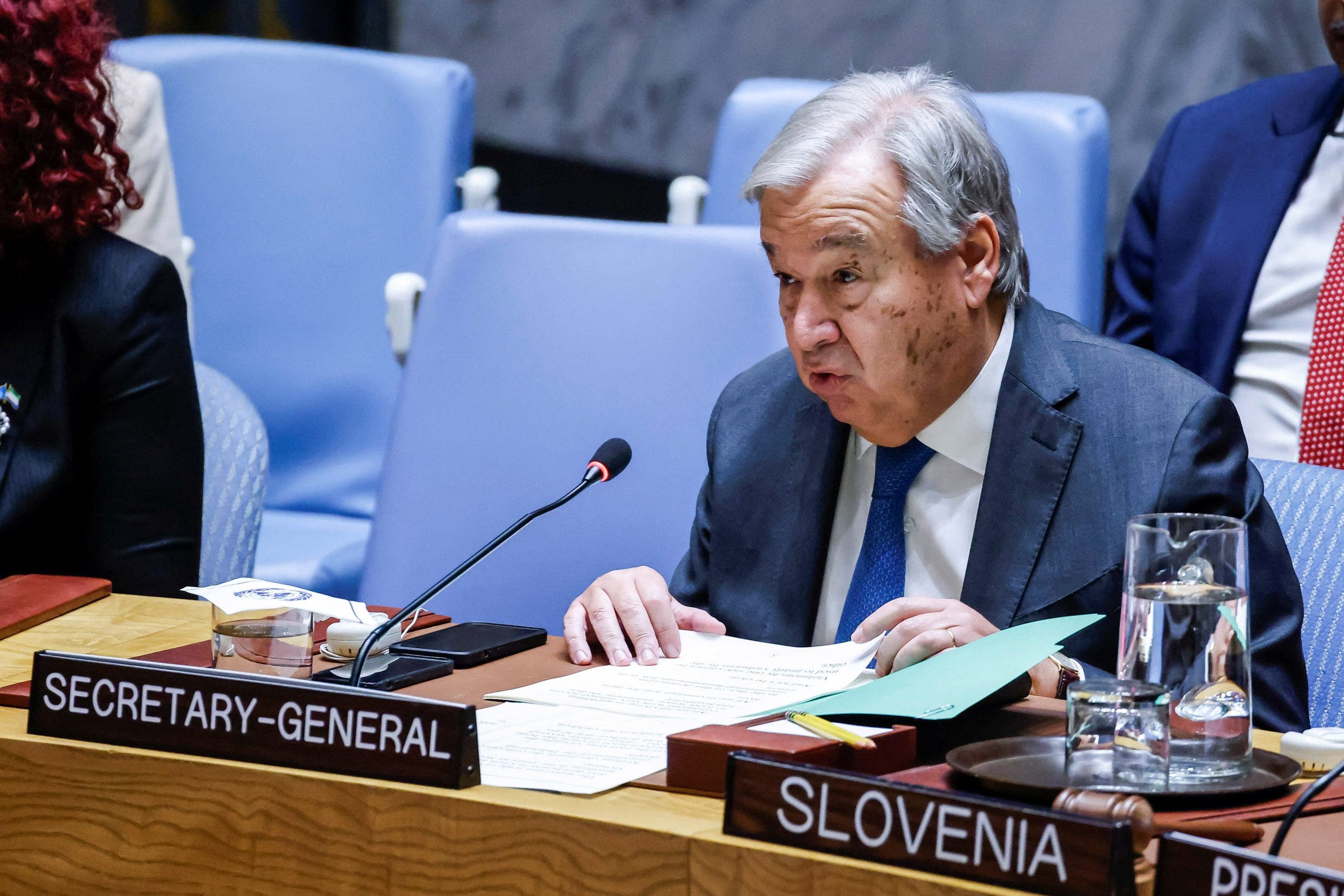Nations debate autonomous weapons ban as experts warn of grave humanitarian risks

Several nations gathered at the United Nations (U.N.) on Monday to revisit a long-standing issue that has been on the international agenda for over a decade: the lack of regulations on lethal autonomous weapons systems (LAWS), commonly known as “killer robots.” This meeting comes at a time when conflicts continue to escalate in regions like Ukraine and Gaza.
Although the discussions took place behind closed doors, U.N. Secretary-General António Guterres released a statement reiterating his 2026 deadline for a legally binding solution to address the threats posed by LAWS. Guterres emphasized the grave consequences of machines that have the capability to make life-or-death decisions without human control, labeling them as politically unacceptable and morally repugnant. He stressed the importance of banning such autonomous weapons under international law.
The President of the International Committee of the Red Cross (ICRC), Mirjana Spoljaric, also delivered a statement during the meeting, expressing the ICRC’s support for efforts to regulate LAWS. Spoljaric highlighted the rapid evolution of technology, emphasizing that the current lack of regulations is making the threats posed by autonomous weapons systems even more concerning. She warned that machines with the power to take lives without human involvement could significantly impact warfare and raise ethical and human rights concerns on a global scale.
While artificial intelligence is not a prerequisite for autonomous weapons, the U.N. clarified that AI could further enhance these systems. Rachel Bovard, Vice President of the Conservative Partnership Institute, emphasized the necessity of regulating autonomous weapons but urged caution when it comes to developing international laws. Bovard stressed the importance of preserving national sovereignty and avoiding unintended consequences that could arise from submitting to international dictates.
Countries within the Convention on Certain Conventional Weapons have been engaging in discussions since 2014 to explore the possibility of a full ban on LAWS that operate without human control, as well as regulations for systems with more human involvement. In 2023, over 160 nations supported a U.N. resolution calling for global action to address the risks associated with LAWS. Despite these efforts, there is currently no international law specifically governing autonomous weapons.
As the international community continues to grapple with the challenges posed by lethal autonomous weapons systems, the need for comprehensive regulations and ethical considerations remains paramount. The discussions at the United Nations underscore the urgency of addressing this critical issue to safeguard humanity and uphold ethical standards in warfare.




